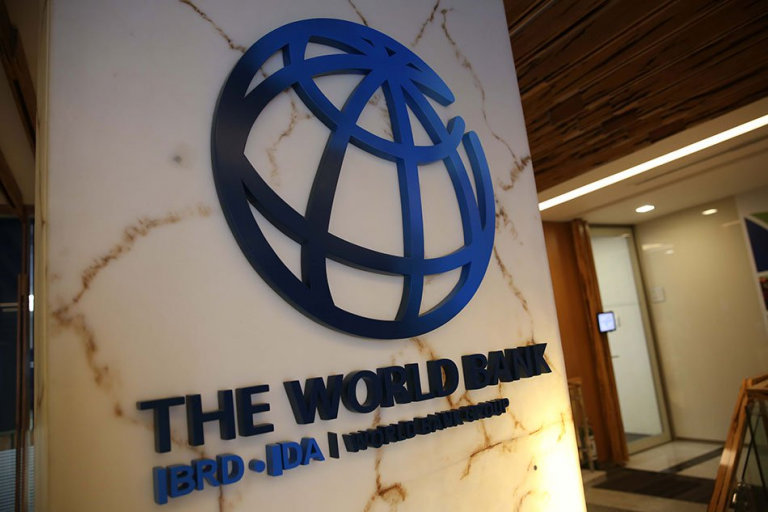
In an effort to cushion the impact of the fuel subsidy removal, the World Bank has escalated its financial support to Nigeria, increasing its disbursement from $300 million to $315 million. The funds, part of an $800 million allocation for the National Social Safety-Net Program Scale Up (NSSP-SU), have been specifically directed to alleviate the economic strains faced by the most vulnerable sectors of society.
This development was disclosed in the Implementation Status & Results Report for the project, which highlighted that while $315 million has been disbursed, a remaining balance of $428.31 million is yet to be allocated. Out of the $800 million, $600 million is earmarked for the Economic Shock Responsive Cash Transfer (ESR-CT), $147 million for the Extended Regular Cash Transfer (ER-CT), and $53 million for strengthening the delivery system and project management.
According to the World Bank document, the Federal Government initially aimed to assist five million beneficiaries by mid-December. However, only about 1.5 million households have received cash transfers, a mere 0.1% of the intended target of 15 million households. Moreover, there has been a modification in the cash transfer scheme, with the monthly support revised from an initial N5,000 to N25,000 over three months, as communicated by the Federal Ministry of Humanitarian Affairs and Poverty Alleviation.
Register for Tekedia Mini-MBA edition 19 (Feb 9 – May 2, 2026): big discounts for early bird.
Tekedia AI in Business Masterclass opens registrations.
Join Tekedia Capital Syndicate and co-invest in great global startups.
Register for Tekedia AI Lab: From Technical Design to Deployment (next edition begins Jan 24 2026).
The modification aligns with efforts to intensify support for those affected by the removal of the fuel subsidy. The document states partly, “The Federal Ministry of Finance has approved the commencement of disbursements and project implementation. Since then, the project has made an initial drawdown of USD 315 million, and commenced initial cash transfers to poor and vulnerable households, with about 1.5 million households already receiving transfers in their accounts.”
It has been revealed that project-implemented units are collaborating with the Central Bank of Nigeria (CBN) and the National Identity Management Commission (NIMC) to streamline beneficiary enrolment, issuing Bank Verification Numbers (BVNs) and National Identity Numbers (NINs) for account operations. This move aligns with the CBN’s directive that all bank accounts without BVN and NIN will be placed on “Post no Debit” from April 2024, with a mandate for revalidation by January 31, 2024.
The National Social Safety Net Programme-Scale Up, sanctioned by the World Bank in December 2021 and scheduled to continue until June 30, 2024, is spearheaded by the Federal Ministry of Humanitarian Affairs & Poverty Alleviation. The $800 million initiative aims to execute a monthly cash transfer program for impoverished Nigerians affected by recent policy changes, including the fuel subsidy removal.
In a separate event in October 2023, President Bola Tinubu formally launched a conditional cash transfer program set to benefit 15 million households nationwide, providing N75,000 within three months. This initiative adds to the ongoing efforts to mitigate the economic repercussions of policy adjustments.
While the increased disbursement signifies progress in aiding vulnerable populations, criticisms have emerged regarding the pace and transparency of the implementation, with only a fraction of the intended beneficiaries currently receiving support. Critics argue that the pace needs acceleration and a comprehensive database should be established to effectively address the widespread economic challenges exacerbated by the fuel subsidy removal.


